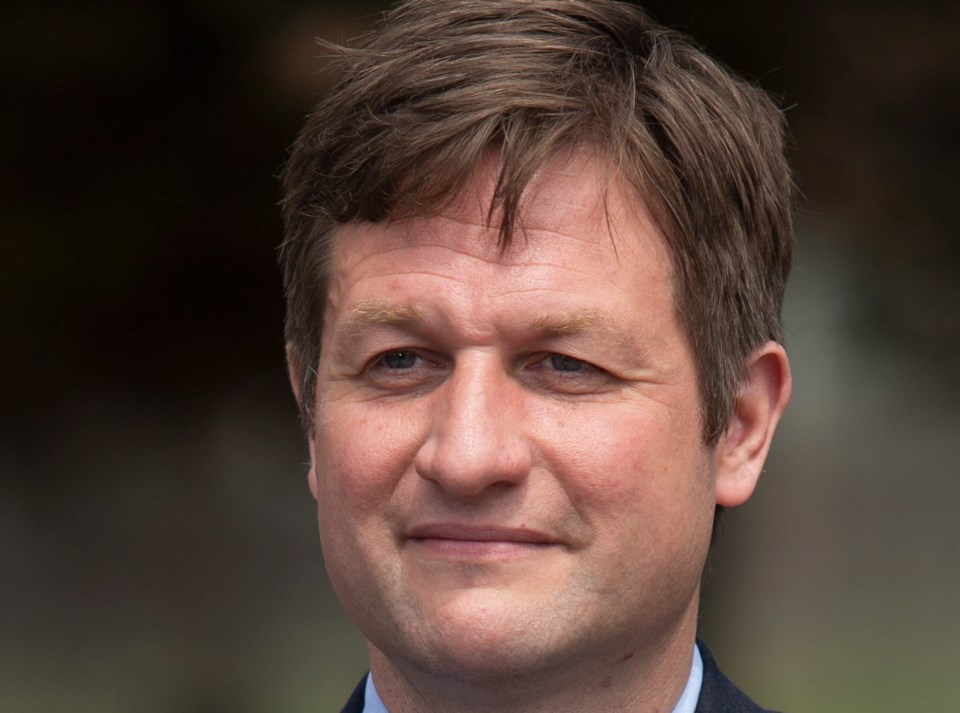Working groups will be formed in January to look at how education is funded in the province.
The minister of education said an independent review panel found that the current funding model resulted in inequities in services and programs, especially for students with special needs and vulnerable students.
"We want to make sure all students are getting the supports they need no matter where they live," said Rob Fleming, B.C.'s education minister, in a press release. "I want to thank the panel for helping define the challenges and identify paths forward."
The working groups will include teachers, parents, school administrators, support staff, trustees, superintendents, as well as First Nations and inclusive education groups.
The working groups are expected to report back by fall 2019, but no changes will come for the 2019/20 school year.
Funding currently is mainly based on a per-student formula with extra money coming from the rural education fund and classroom enhancement fund.
The panel made several recommendations on how the formula could be changed. The first recommendation is that funding be first allocated to specific needs, that is, indigenous students, remote school districts and inclusive education, and then be given using a per-student funding formula. Another recommendation is that operating funds should be allocated on three-year cycles and that school districts be required to have three-year financial plans.
Another recommendation is that monetary reserves should be based on provincial policies outlining what money can be saved for, which should be directly related to their strategic plans.
The Richmond school district's 2018/2019 education grant from the province was about $211 million.



